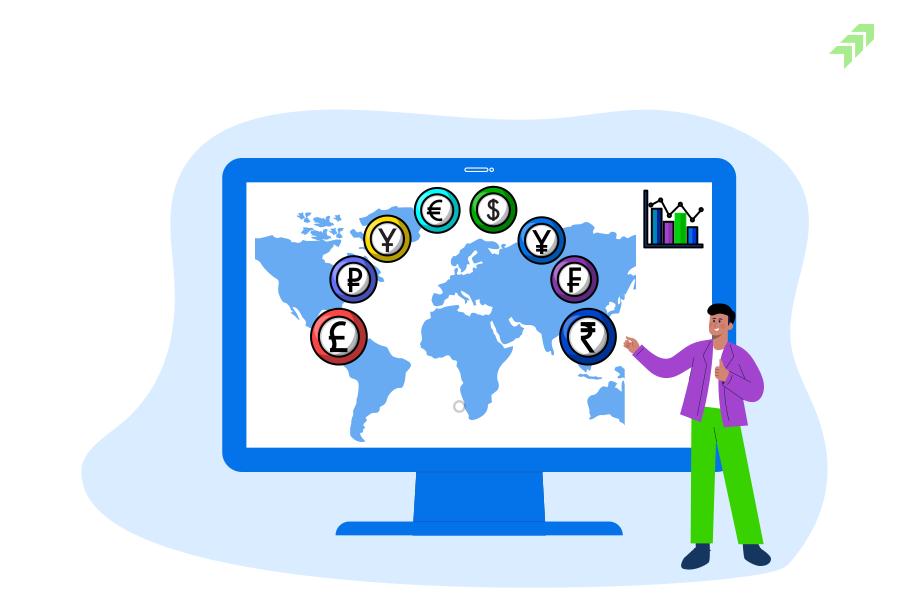Forex
Forex scams can cause you to lose your money. Stay cautious and contact us for recovery assistance.

What is Forex trading?
Forex is the largest financial market in the world, with a daily turnover of up to $5 trillion. Unlike centralized exchanges like Nasdaq, it operates through brokers worldwide. Forex trading is decentralized, with orders placed by millions of traders.
It’s also one of the most critical markets globally. In the US, regulations limit leverage for individuals to 50:1, while other countries may offer leverage of up to 1000+:1. The unregulated nature of Forex trading, along with its high leverage, makes it a hot spot for fraud.
Is Forex Trading a Scam?
Forex trading is a major market, primarily driven by large corporations and banks, but it’s not always the easiest or most affordable for individual investors. While some brokers allow entry with as little as $1, many require a higher investment, typically starting at $5,000.
Forex trading’s 24-hour availability and significant leverage make it attractive but also a magnet for scammers. While countries regulate Forex trading, it’s often less stringent than in the US. To avoid fraudulent brokers, it’s best to choose those based in regulated regions like the US, EU, or UK.
FAQs
No, Forex trading itself is not a pyramid scheme. However, some scammers disguise fraudulent operations as Forex trading platforms or brokerages. If a broker encourages you to “join their team” or recruit others to earn profits, it’s likely part of a multi-level marketing (MLM) or pyramid scheme. Always be cautious and verify the legitimacy of the broker.
Forex is overseen by several key regulatory bodies around the world. In the United States, Forex brokers are regulated by the NFA (National Futures Association) and the CFTC (Commodity Futures Trading Commission)—but not by FINRA, which governs securities trading. In the UK, the FCA (Financial Conduct Authority) is the main regulator. Within the European Union, each country has its own authority, but all must follow the MiFID (Markets in Financial Instruments Directive) standards for consistent regulation.
Forex is overseen by several key regulatory bodies around the world. In the United States, Forex brokers are regulated by the NFA (National Futures Association) and the CFTC (Commodity Futures Trading Commission)—but not by FINRA, which governs securities trading. In the UK, the FCA (Financial Conduct Authority) is the main regulator. Within the European Union, each country has its own authority, but all must follow the MiFID (Markets in Financial Instruments Directive) standards for consistent regulation.
